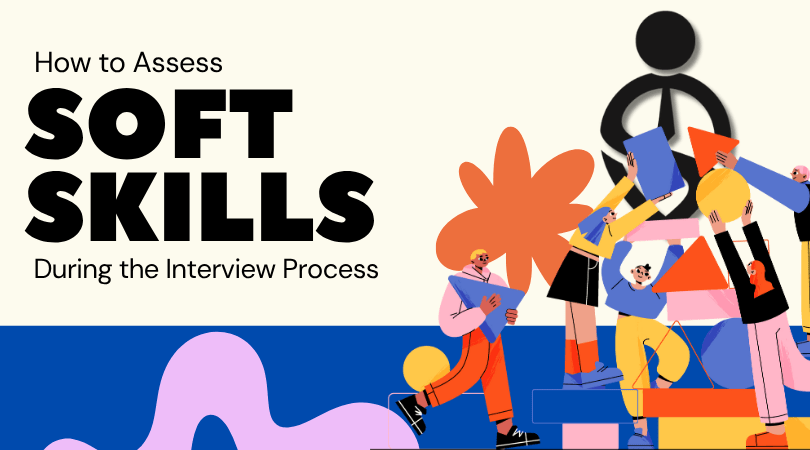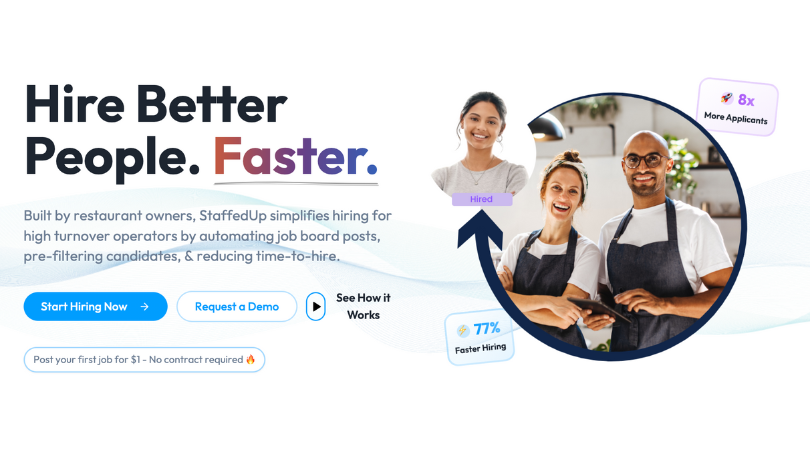In hospitality, technical skills can be taught—but the ability to stay calm under pressure, solve problems on the fly, and collaborate with others? That’s a different story. Soft skills like communication, adaptability, and emotional intelligence are what separate a good hire from a great one.
Yet many employers still focus too heavily on résumés and hard skills during interviews. If you want to build a high-performing, guest-focused team, learning how to assess soft skills is a must.
Here’s how to do it right.
1. Ask Behavioral Questions
Behavioral questions help you understand how a candidate thinks, reacts, and interacts in real-world scenarios. Instead of asking, “Are you a good team player?” ask:
- “Tell me about a time you had a conflict with a coworker. How did you resolve it?”
- “How do you handle difficult guests?”
- “Can you describe a time you had to adapt quickly to a change at work?”
These types of questions allow candidates to demonstrate soft skills like empathy, problem-solving, and flexibility in their own words.
According to Forbes, behavioral interviews are one of the most effective ways to measure emotional intelligence and interpersonal effectiveness.
2. Use Role-Playing Scenarios
Want to see how someone responds in real time? Run a quick role-playing exercise. Have them pretend to be a server or host and act out a common guest interaction—maybe a complaint or a last-minute table change.
Look for:
- Tone of voice
- Body language
- Creativity under pressure
- Willingness to listen and solve the problem
These mock situations are powerful tools for revealing the soft skills that matter most in a fast-paced, people-centric environment.
3. Pay Attention to Non-Verbal Cues
First impressions matter—and not just for your guests. From eye contact to posture to how candidates engage with the team, subtle details can say a lot about emotional awareness and communication style.
Harvard Business Review notes that many hiring misfires come from ignoring interpersonal fit during interviews. Prioritize candidates who demonstrate humility, curiosity, and a genuine interest in the role.
Final Thought
Hiring based solely on experience or technical proficiency often overlooks what really makes someone thrive in hospitality: soft skills. By adjusting your interview process to include behavioral questions, interactive scenarios, and attention to emotional intelligence, you’ll build stronger, more dependable teams.
At StaffedUp, we make it easier to identify applicants with the soft skills that matter. Our platform helps hospitality employers move beyond the resume to discover people who bring value from day one.
Looking to hire people who don’t just fill shifts—but elevate your brand? Let’s talk.



